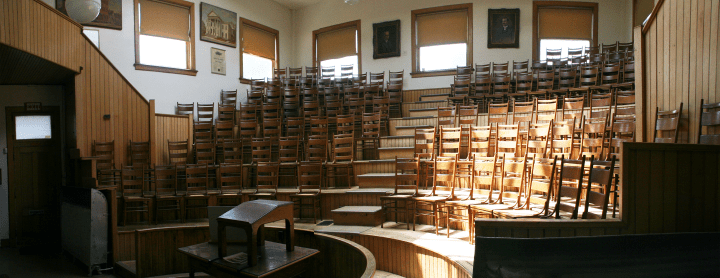Welcome to Medtiquity! The main purpose of this blog is to explore the rich and exciting fields of medical/scientific etymology and history. We experience every day what it means to forget. We forget facts, people, and events as time continues to flow; in a similar vein, we as a society forget the origins and stories of our forebears. All too often, physicians, scientists, engineers, and academicians use terminology and eponyms without knowing what these words truly mean and where they come from. I would like to do my part in reversing this trend—to bring back our memories and traditions. What is the true symbol of medicine? Why do we call depression “melancholy”? Why was the plague called “bubonic”?
A bit about myself: my name is Arek Melkonian. I received my M.D. and Ph.D. in Chemical Engineering from Stanford University, finished residency in Clinical Pathology at The Brigham and Women’s Hospital (BWH), and am currently a Research Fellow in the laboratory of Dr. David Walt. I have always loved language and history, and I started enjoying their combination when I was in middle school and learned vocabulary from a book called Vocabulary From Classical Roots. This was my first introduction to Greek and Latin, and this interest lay dormant—much like how varicella zoster virus (VZV) stays dormant in the dorsal root ganglia—until I started medical school. Being immersed in all these terms and conditions I’d never thought of before made me think about where these words came from. I pored over myriad dictionaries to determine the etymologies of anatomical terms, chemical names, physical exam techniques, and the like.
I hope to present fun and digestible tracts of medical terminology that are not only interesting to learn about, but useful in being more precise with vocabulary. What does the suffix –itis truly denote? Is an adenoma always malignant? What is the difference between arteriosclerosis, atherosclerosis, and arteriolosclerosis? Apart from terminology, there are many stories that elucidate the origins of some of our practices and thought processes.
Well, with that, put on your white coats/lab coats: we’re in for a nice, pleasant tour de ville in the wonderful countryside of etymology and history. Aside from discovering how people thought back in the day, perhaps you will discover something about yourself and what interests you.

